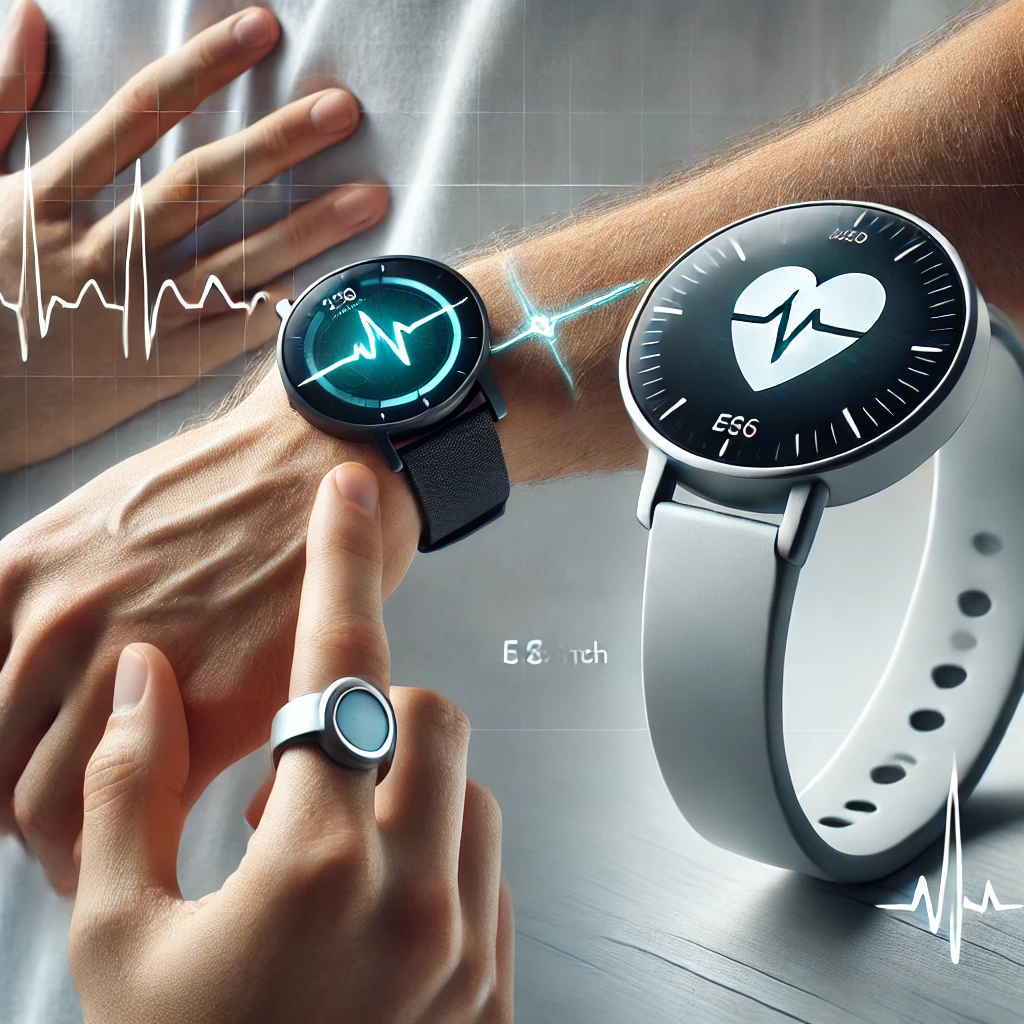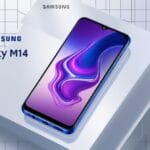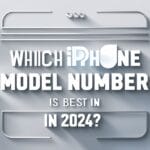Are smart watches HSA eligible
Description

Introduction:
Health Savings Accounts (HSA) and Flexible Spending Accounts (FSA) are financial tools designed to help individuals save on healthcare expenses. These accounts allow the use of pre-tax dollars to purchase eligible medical products and services, providing significant savings. However, when it comes to using HSA or FSA funds for smart watches, the rules are not straightforward.
In general, smart watches are classified as consumer electronics and are not deemed eligible for purchase using HSA or FSA funds. This is because they are primarily designed for general use, such as fitness tracking, notifications, and entertainment, rather than being medical devices specifically prescribed to treat or manage a medical condition. The IRS typically reserves HSA/FSA eligibility for items that are directly related to healthcare needs.
Nevertheless, exceptions may apply in certain cases. If a smart watch is recommended by a medical professional and is deemed medically necessary—such as for monitoring a specific health condition like heart arrhythmias or tracking blood oxygen levels—it may qualify for reimbursement. Supporting documentation, such as a Letter of Medical Necessity (LMN), is usually required to justify the purchase.
Understanding the nuances of HSA and FSA eligibility for smart watches is essential for making informed decisions and ensuring compliance with IRS guidelines.
General Eligibility of Smart Watches for HSA and FSA
Smart Watches as Consumer Electronics
Smart watches, including popular models like the Apple Watch, are generally categorized as consumer electronics. These versatile devices are designed for broad usage, ranging from fitness tracking to managing notifications and entertainment. While many smart watches come equipped with health-related features such as heart rate monitoring, step counting, sleep tracking, and oxygen saturation measurement, these functions are typically aimed at promoting overall wellness rather than addressing specific medical conditions.
Due to their primary classification as general-purpose devices, smart watches are not inherently considered eligible for purchase using HSA or FSA funds. The IRS guidelines for HSA and FSA reimbursement focus on items that directly address medical conditions or are prescribed by healthcare professionals as part of treatment. Thus, unless a smart watch is deemed medically necessary, its purchase is typically excluded from HSA or FSA eligibility.
Medical Necessity Requirement
For a smart watch to qualify for HSA or FSA reimbursement, its purchase must meet the criteria of medical necessity. This means the device must be prescribed by a licensed healthcare provider to monitor or manage a specific medical condition, such as heart arrhythmias, diabetes, or recovery following a serious health event.
A crucial requirement in this process is obtaining a Letter of Medical Necessity (LMN). This document, provided by the prescribing healthcare professional, serves as formal proof that the smart watch is essential for the patient’s medical care. The LMN typically outlines:
- The patient’s diagnosed medical condition.
- How the smart watch will be used to monitor or manage the condition.
- The expected medical benefit or outcome of using the device.
Without an LMN, HSA and FSA administrators are unlikely to approve reimbursement for a smart watch. Additionally, it is important for consumers to verify the eligibility of their smart watch purchase with their specific HSA or FSA plan provider, as policies may vary.
By meeting the medical necessity requirement and providing the necessary documentation, certain smart watches can become eligible for reimbursement, bridging the gap between consumer technology and healthcare management.
Exceptions to the Rule
While most smart watches are not eligible for purchase using HSA or FSA funds due to their classification as general-purpose devices, certain exceptions exist. These exceptions typically apply to devices specifically designed with advanced medical functionality or those primarily intended for health tracking.
Biometric Tracking Devices
Smart watches that incorporate advanced biometric tracking and are explicitly marketed for medical purposes may qualify for HSA or FSA eligibility without requiring a Letter of Medical Necessity (LMN). These devices often meet the IRS guidelines for medical expenses because they offer specialized features directly tied to health monitoring and management.
For instance, the Withings ScanWatch includes clinical-grade ECG functionality, continuous heart rate monitoring, and blood oxygen level measurement. Such capabilities are designed to monitor serious medical conditions like arrhythmias and sleep apnea, making them more likely to be considered eligible under HSA or FSA guidelines. Since these devices align with the criteria for medical necessity and are marketed as tools for health management, they may be reimbursed without additional documentation.
Consumers interested in purchasing biometric tracking devices with HSA or FSA funds should review their specific account guidelines and ensure that the device is marketed primarily for medical purposes.
Smart Rings for Health Monitoring

In addition to smart watches, certain wearable devices, such as smart rings, are increasingly recognized as eligible for HSA or FSA reimbursement. Devices like the Oura Ring and Samsung Galaxy Ring are categorized primarily as health trackers rather than general-purpose wearables.
These smart rings focus on monitoring critical health metrics, including:
- Sleep patterns.
- Heart rate variability.
- Body temperature changes.
- Stress levels.
Since the primary function of these rings is health-related and directly supports wellness and medical tracking, they are often approved for purchase using HSA or FSA funds without requiring a Letter of Medical Necessity.
Summary of Exceptions
Devices that prioritize medical functionality, such as biometric smart watches and health-tracking smart rings, demonstrate how wearable technology is evolving to meet healthcare needs. By focusing on health monitoring and aligning with IRS guidelines, these exceptions provide an opportunity for consumers to utilize their HSA or FSA funds effectively. It is always advisable to confirm eligibility with the specific plan administrator before making a purchase.
Summary of Key Points
Ineligible Devices
- Apple Watch and Similar Devices
Popular smart watches like the Apple Watch, Samsung Galaxy Watch, and Fitbit are generally ineligible for purchase using HSA or FSA funds. These devices are categorized as consumer electronics with general-purpose features, such as notifications, fitness tracking, and entertainment options. Despite offering health-related features like heart rate monitoring and step counting, these functions are typically intended for wellness rather than medical treatment. - Fitness Trackers
Devices explicitly marketed as fitness trackers, such as Fitbit Charge or Garmin Vivosmart, are often grouped under the category of “general health.” As a result, they do not automatically qualify for HSA or FSA reimbursement. However, exceptions may apply if the tracker is prescribed by a healthcare provider for a specific medical condition, such as cardiac monitoring. In such cases, an LMN (Letter of Medical Necessity) is required to justify the purchase and meet the eligibility criteria.
Eligible Devices
- Smart Watches Marketed as Medical Devices
Certain smart watches designed primarily for medical purposes may qualify for HSA or FSA reimbursement. For example, the Withings ScanWatch includes clinical-grade ECG functionality, continuous heart rate monitoring, and oxygen saturation measurement, making it suitable for managing conditions like heart arrhythmias or sleep apnea. These features align with IRS guidelines for medical expense eligibility, and such devices can often be reimbursed without the need for an LMN. - Smart Rings for Health Tracking
Devices like the Oura Ring and Samsung Galaxy Ring are explicitly designed as health trackers rather than general-purpose electronics. These rings monitor critical health metrics, including heart rate variability, sleep quality, body temperature, and stress levels. Since their primary function is to support health monitoring and wellness, these smart rings are generally eligible for direct purchase using HSA or FSA funds, without requiring additional documentation.
Pros and Cons of Using FSA/HSA Funds for Smart Watches and Wellness Devices
Pros
- Improved Health Monitoring
Eligible devices like the Withings ScanWatch or Oura Ring offer advanced health tracking features such as ECG, sleep monitoring, and heart rate variability, which can aid in managing specific health conditions. - Tax Savings
Purchasing eligible devices with FSA/HSA funds allows you to use pre-tax dollars, reducing your overall taxable income. - Better Health Management
These devices can help monitor chronic conditions like heart disease, sleep apnea, or stress, providing actionable insights and enhancing overall well-being. - Accessibility Without Upfront Costs
Using FSA/HSA funds alleviates the financial burden of upfront payments for expensive health-focused wearables. - Encourages Preventive Health
Devices designed for health tracking encourage preventive care by helping users detect early warning signs of health issues.
Cons
- Limited Eligibility
Most smart watches, like the Apple Watch, are not eligible unless prescribed for a specific medical condition, which requires additional documentation such as a Letter of Medical Necessity (LMN). - Documentation Requirements
Obtaining an LMN can be time-consuming and may involve additional expenses for medical consultations. - Narrow Device Selection
Only a few devices, such as the Withings ScanWatch and certain smart rings, are eligible without an LMN, limiting choices compared to the broader wearable market. - Potential Misuse of Funds
Misusing FSA/HSA funds for ineligible devices can result in penalties, including tax implications and additional fees. - Higher Costs for Advanced Features
Eligible devices with medical-grade functionality often come with premium pricing, which may exceed your FSA/HSA budget.
.
Conclusion
Most smart watches, including popular models like the Apple Watch, do not qualify for HSA or FSA reimbursement because they are classified as consumer electronics with general-purpose functionality. However, exceptions exist for devices specifically designed for medical purposes. Advanced smart watches such as the Withings ScanWatch or health-focused wearables like the Oura Ring and Samsung Galaxy Ring can be eligible due to their emphasis on health monitoring and medical functionality.
For fitness trackers or general smart watches to qualify, it is essential to provide a Letter of Medical Necessity (LMN) from a licensed healthcare provider. This document validates the medical need for the device, particularly when it is used to manage specific health conditions such as heart irregularities or sleep disorders. By understanding the eligibility criteria and documenting medical necessity where required, individuals can make informed decisions about using their HSA or FSA funds for wearable technology purchases.
FAQs
1. What are the best smart watches that are eligible for FSA/HSA reimbursement?
Smart watches like the Withings ScanWatch are eligible for FSA/HSA reimbursement due to their medical-grade features such as ECG functionality and heart rate monitoring.
2. How do I get a Letter of Medical Necessity (LMN) for a smart watch?
To obtain an LMN, consult your healthcare provider. They will document the medical condition and explain how the smart watch is necessary for managing your health.
3. Are there any specific features that make a smart watch eligible for FSA/HSA?
Yes, features such as ECG monitoring, oxygen saturation measurement, and continuous heart rate tracking, which align with medical purposes, make a smart watch eligible for reimbursement.
4. Can I use my FSA/HSA funds to buy a smart ring?
Yes, smart rings like the Oura Ring and Samsung Galaxy Ring, designed primarily for health tracking, are FSA/HSA eligible without requiring additional documentation.
5. What are the top wellness tracking devices that are FSA/HSA eligible?
Top devices include the Withings ScanWatch, Oura Ring, and Samsung Galaxy Ring, all of which focus on advanced health monitoring and are eligible for purchase with FSA/HSA funds.




